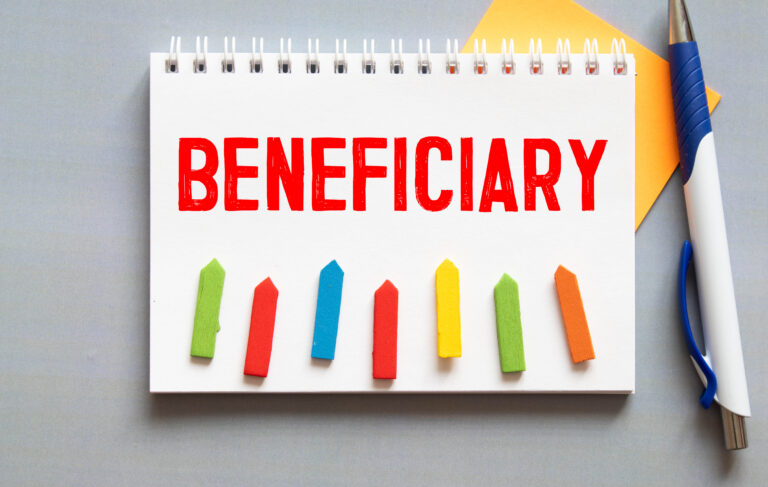It’s possible to name a TOD beneficiary for many account types—retirement accounts, savings accounts and even brokerage accounts. This can help you and your heirs avoid the sometimes costly process of probate. You can name anyone. However, if you’re married, your spouse may have special rights over your assets that take precedence over your named beneficiaries.
Investopedia’s recent article entitled “Who Can Be a Transfer on Death (TOD) Beneficiary?” explains that the rules are quite broad when it comes to naming TOD beneficiaries. A beneficiary can be a person, charity, business, or trust. Let’s look at whom you can name as a TOD beneficiary, and why you would.
Naming a transfer on death (TOD) beneficiary for your accounts can make the inheritance process much simpler for your heirs and family. That’s because your named beneficiary will automatically get the assets in the account. Therefore, it bypasses probate.
The Uniform Transfer on Death Securities Registration Act lets owners designate beneficiaries for their stocks, bonds, or brokerage accounts.
You can also open a payable-on-death bank account to distribute cash assets after you pass away, without having to put them through probate.
In some states, even vehicles and real estate can be transferred by TOD.
A single person can name anyone as a beneficiary. However, a married person’s spouse may have rights to some or all of a retirement account upon death. A surviving spouse also may have more options for withdrawing money than other beneficiaries do. It depends on the rules that apply to each individual account.
You can also typically name as many TOD beneficiaries as you like. You can use these to specify the percentage of assets that each designated beneficiary should get.
Note that with TOD registration, the named beneficiaries have no access to or control over a person’s assets when the person’s alive, so you retain total control over your assets until you pass away.
Want to discuss your beneficiaries? Book a call with one of our staff members to review your plans! We have offices located in Bassett, Danville, and Lynchburg to better serve you.
Reference: Investopedia (May 19, 2022) “Who Can Be a Transfer on Death (TOD) Beneficiary?”
Suggested Key Terms: Estate Planning Lawyer, Probate Court, Inheritance, Asset Protection, Beneficiary Designations, IRA, 401(k), Pension, TOD (Transfer on Death), POD (Payable on Death)



